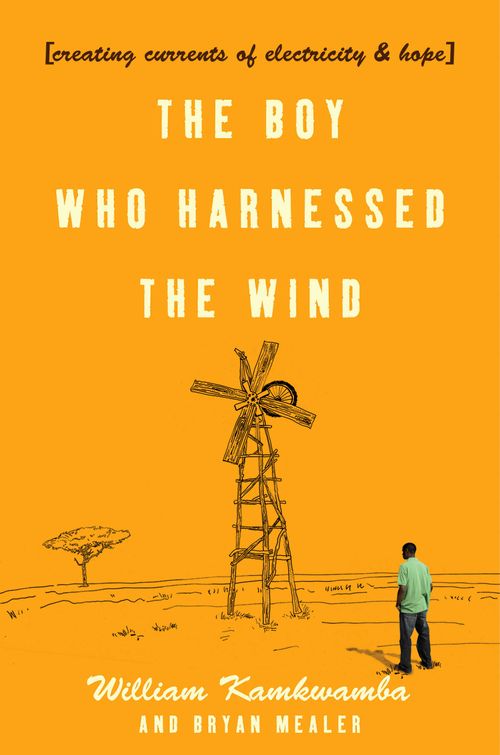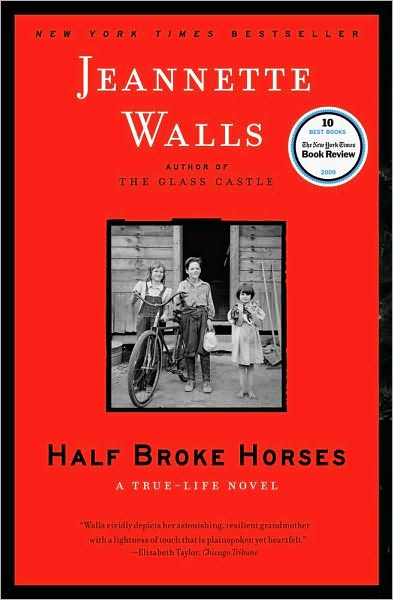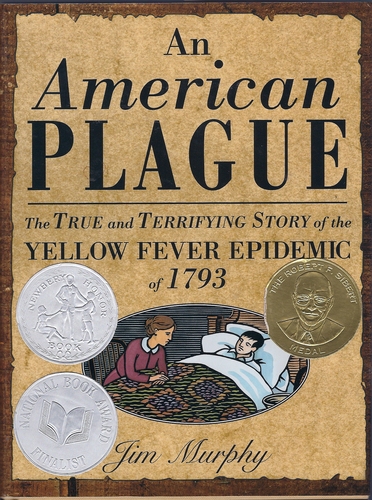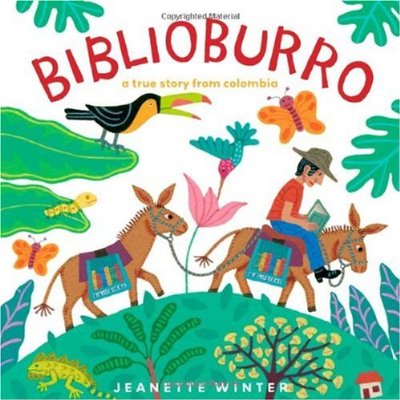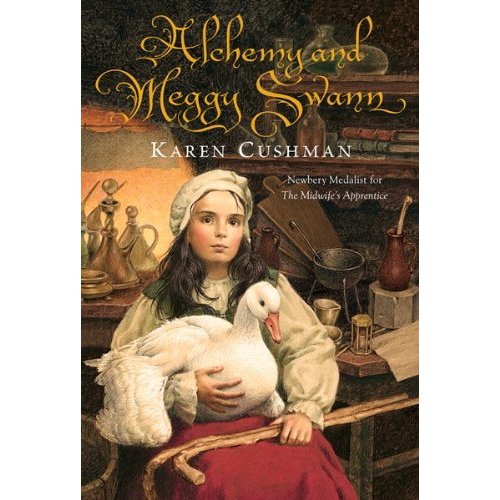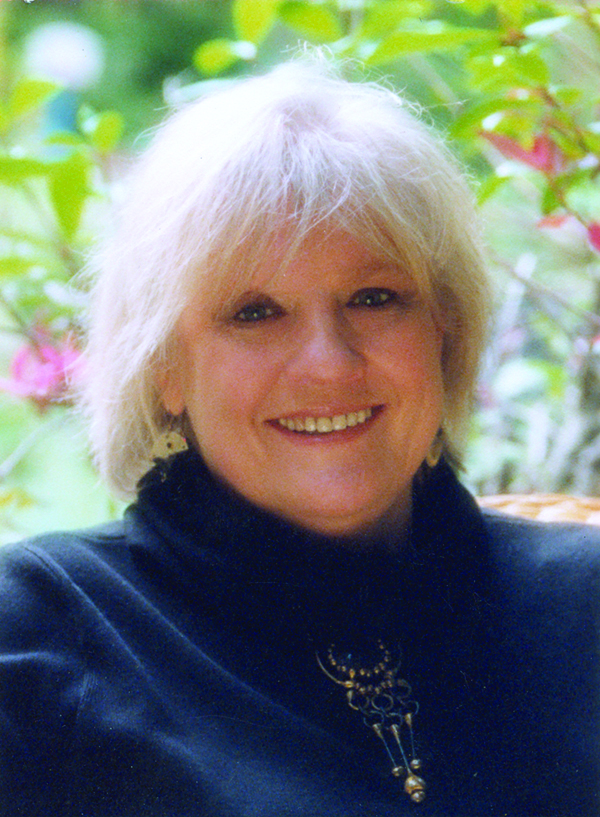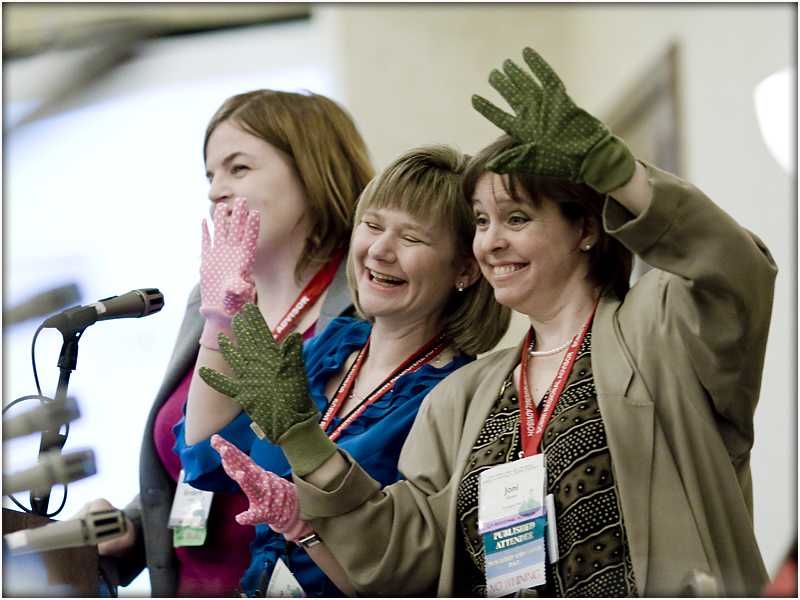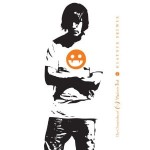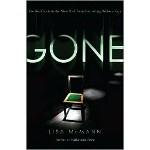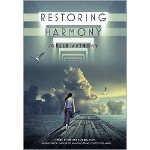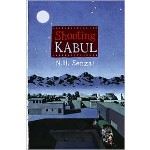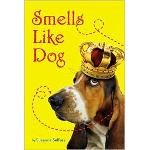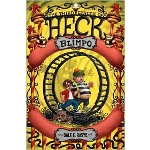Sara is an agent with Harvey Klinger, Inc. in New York City. I was lucky enough to be able to hang out with Sara last January prior to the 11th Annual SCBWI International Winter Conference. Yes, she is every bit as cute and friendly as she appears in the photo below, so if you’re going to attend our conference this April, be sure to tell her hello!

L: Welcome, Sara! Thanks so much for taking the time to answer some questions for me! Let’s jump right in at the top of my list… with a rather tricky one. Your various bios and listings say you accept nonfiction, but I don’t see any nonfiction for kids among your titles. Am I missing it? If not, what do you suppose are the reasons? Do you just not get many nonfiction submissions, are they harder to sell, is it just harder to find one that grabs you personally, or some combination of those? Give us some insight on the juvenile nonfiction market from an agent’s perspective.
S: Hi Laurie! Thanks for having me! What my website says about what I represent is this: I am an agent with Harvey Klinger, Inc., a full service boutique literary agency in New York where I represent both adult and children’s titles. On the adult side, I represent commercial and literary fiction and a range of nonfiction. On the children’s side, my list includes YA and middle grade fiction, as well as picture books.
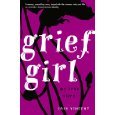 S: So, I am upfront about my lack of nonfiction on the children’s side. However, I am very open to queries for children’s nonfiction, and do hope to find more. Many of my favorite books as a child were nonfiction, and it is something I remain interested in reading. My client Erin Vincent’s debut YA, GRIEF GIRL (Delacorte, 2007) is a memoir, and I would love to see more YA memoir. I am also working on two nonfiction projects at the moment—one picture book and one biography for children.
S: So, I am upfront about my lack of nonfiction on the children’s side. However, I am very open to queries for children’s nonfiction, and do hope to find more. Many of my favorite books as a child were nonfiction, and it is something I remain interested in reading. My client Erin Vincent’s debut YA, GRIEF GIRL (Delacorte, 2007) is a memoir, and I would love to see more YA memoir. I am also working on two nonfiction projects at the moment—one picture book and one biography for children.
S: I do represent a lot more fiction, though, so when it comes down to it, I am not as familiar with the juvenile nonfiction market, and the chances are slimmer that I will be the right fit for a nonfiction book. If it does grab me personally, and if I can come up with a great list of editors to send it to and am 100% sure there is a market for it, I will take it on!
L: Okay, that was sort of a doozy—thanks for playing along and giving such a candid answer! Unfortunately, this one is probably even worse. I see you’re not taking picture book submissions at this time, which seems to be a trend among agents. Can you tell us why? What do you think about the current state of the picture-book industry? What can picture-book authors do to help them break in?
S: I probably should take that off my site and the agency’s site. I get many picture book queries, whatever it says online, and they did not seem to slow at all when I posted that notice. (Incidentally, it says everywhere online that I do not like to receive snail mail queries, but those keep coming too, and I respond to them!)
S: I sold a debut picture book recently, by Matthea Harvey, to Schwartz & Wade, and one of my current picture books, on submission now, is nonfiction. I just took on a picture book from a query that really grabbed me. So like with nonfiction, I will take on the right picture book project for me—but I will take on much fewer picture books than novels, and so it’s less likely I will be the right fit.
L: Okay, you made that one seem easy, so this one should be a piece of cake… Tell us about your agenting style: Are you very editorial? Phone or email? Hands-on throughout the whole process or mitts off until the final product? It’s clear your clients LOVE you, so whatever it is, it’s working!
S: Thank you! I am an editorial agent and do think I am very hands-on. I edit everything I take on before it goes out to editors. If I see any sweeping changes that I think need to be made before submission, I talk to the writer about that when we discuss representation. And the editing does not stop with the first sale. I continue to edit my authors’ books, and to discuss their new book ideas with them. I usually read major revisions before we send to the editor, and I read and discuss synopses and partials, or sometimes just ideas, about what the author should do next. I am always on email, but sometimes a phone call is the best thing for the situation, and I am always happy to be on the phone.
L: What aspects do you like most about being an agent? Least? Pet peeves?
S: I truly feel lucky everyday to have a job that is never boring, always challenging, and that involves reading books that I love and talking them up to anyone who will listen. I love finding a new client, a new book to be excited about. Calling an author, especially a debut author, to tell them their book will be published never gets old. I love all of my agent roles: editing, matchmaking, making deals, negotiating contracts. Its the kind of job that doesn’t end at the end of a day or week, though, and agents are always working, even when they are trying to read for pleasure. It is a job without boundaries. That applies to everyone in publishing, I think, writers, too. I wish there were time to read when I am actually at work! Really, I just need there to be more time in a day.
L: Oh, I think we all could use some of that! Besides the manuscript itself, what other factors do you consider when deciding whether or not to offer representation (platform, online presence, productivity, specialization, recommendations, affiliations, etc.)?
S: Unless it is adult nonfiction, where platform truly matters, I am only looking at the book first—and if I love it and feel confident I can sell it, I am not concerned about a platform or an online presence. I think for the most part, those things can wait until after the sale of the book to the publisher. Once we have sold it, I do think all authors should get online. Of course a blurb or recommendation from a well known author is appealing, as it might make the book easier to sell, but its not necessary.
L: Besides carefully reading market guides, surfing the web and sending targeted queries, what can we authors do to ensure a good fit, both when submitting and when considering an offer of representation?
S: I think that what you want to find is an agent who is passionate about your book and your writing, who has knowledge of the marketplace, experience with your type of book and whose list is a place you think you belong and where you want to be. You can find much of this out with research, talking with his or her other clients, and by asking the right questions when you speak to the agent on the phone. As for queries, make them count! Spend the most time on your book description as its the most important thing. And do not make it all about the query—make sure the manuscript is in great shape before you start querying.
L: Do you have any clients or titles you’d like to highlight for us?
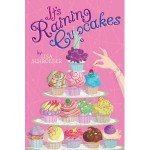 S: Two children’s books out in March: a middle grade and a YA. IT’S RAINING CUPCAKES (Aladdin), Lisa Schroeder’s middle grade debut, is about Isabel, who dreams of seeing the world but she’s never left Oregon. When her best friend, Sophie, tells her of a baking contest whose winners travel to New York City, she eagerly enters despite concerns about her mother, who is opening a cupcake bakery.
S: Two children’s books out in March: a middle grade and a YA. IT’S RAINING CUPCAKES (Aladdin), Lisa Schroeder’s middle grade debut, is about Isabel, who dreams of seeing the world but she’s never left Oregon. When her best friend, Sophie, tells her of a baking contest whose winners travel to New York City, she eagerly enters despite concerns about her mother, who is opening a cupcake bakery.  And SAVING MADDIE by Varian Johnson, just out with Delacorte, about Josh, a preacher’s son, whose best childhood friend, Maddie has come back home a new person—gorgeous and troubled and without her faith. Can you save someone who doesn’t want to be saved? And more importantly, how do you save someone without losing yourself?
And SAVING MADDIE by Varian Johnson, just out with Delacorte, about Josh, a preacher’s son, whose best childhood friend, Maddie has come back home a new person—gorgeous and troubled and without her faith. Can you save someone who doesn’t want to be saved? And more importantly, how do you save someone without losing yourself?
 S: In April, I AM NOT A SERIAL KILLER by Dan Wells is out with Tor Books. It is about a boy who is concerned he might be a serial killer, and so makes rules for himself to avoid becoming one — but then a real one comes into town and starts killing people, and he has to break some of his rules to find the killer. Its a definite crossover title–a horror novel with a lovable teen protagonist and a great YA voice, though will be published here as an adult book. Its already out in Germany where its a bestseller, and is also out in the UK– where it was published as YA. Kirkus just gave it a starred review and wrote: “(An) unabashedly gory gem.… Buy multiples where it won’t be banned.”
S: In April, I AM NOT A SERIAL KILLER by Dan Wells is out with Tor Books. It is about a boy who is concerned he might be a serial killer, and so makes rules for himself to avoid becoming one — but then a real one comes into town and starts killing people, and he has to break some of his rules to find the killer. Its a definite crossover title–a horror novel with a lovable teen protagonist and a great YA voice, though will be published here as an adult book. Its already out in Germany where its a bestseller, and is also out in the UK– where it was published as YA. Kirkus just gave it a starred review and wrote: “(An) unabashedly gory gem.… Buy multiples where it won’t be banned.”

S: Finally, Holly Nicole Hoxter’s YA debut, THE SNOWBALL EFFECT will be out from Harper in April! It’s about Lainey Pike, who is trying to make peace with her dead mother (not easy), take care of her five-year old brother who is now an orphan, and to learn to love with her estranged older sister who is now back in her life as her guardian until she turns 18.
L: Is there anything else you wished that I had asked, but didn’t?
S: I have too much reading to do to come up with another question—but I loved answering all of yours. Thanks so much, Laurie! I am really looking forward to the conference!
L: Thank YOU, Sara, for being so open, honest, and approachable! I’m looking forward to seeing you again in April and showing you around our neck of the woods.
